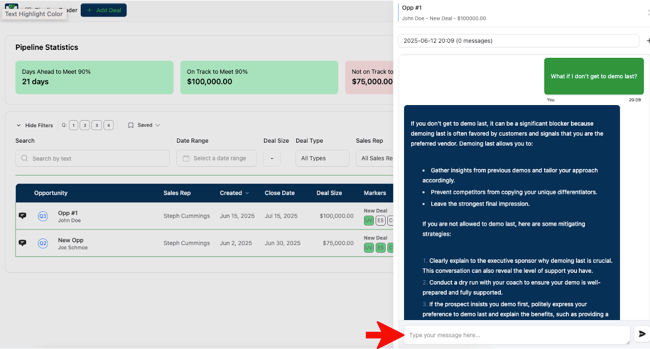Understanding your audience can turn the custom demo from a risk into a competitive advantage.
In every sales cycle there comes a “moment of truth,” also known as the custom demo. This demo provides the software salesperson the opportunity to demonstrate his/her vision for how the customer might operate if our software was implemented. While deals are rarely won at the demo, they are often lost at the demo.
Assuming that we secured the coveted final demo slot (the vendor that demos last almost always wins), the next question is, “What should be the demo approach?” Generally, showing “a day in the life” of the customer is the best way to showcase the software. But what, specifically, should be the demo flow?
Do viewers want to see the video “Thriller” (the result) or “The Making of Thriller? (the process)” My experience suggests that the answer depends on the makeup of the audience. For example, when the audience is comprised largely of executives, the recommended flow starts with the projected outcomes of deploying the software, such as reports and dashboards before showing the day in the life. Executives care less about how many clicks a task requires and more about the results the software can produce.
Alternatively, when the audience is comprised by end users and lower level managers, taking a day in the life of everyday processes is the most relatable approach. End users, contrary to most executives, care strongly about system functionality, ease of use features, configurability and overall system flexibility. In other words — can the system make their jobs easier?
Failing to tailor the demo flow to the needs of the audience will likely convert the sales cycle moment of truth to the sales cycle moment of irrecoverable failure. If your sales team struggles with demo approaches, let MOIC Compass provide strategic and tactical direction to your sales cycles at www.moicpartners.com.




